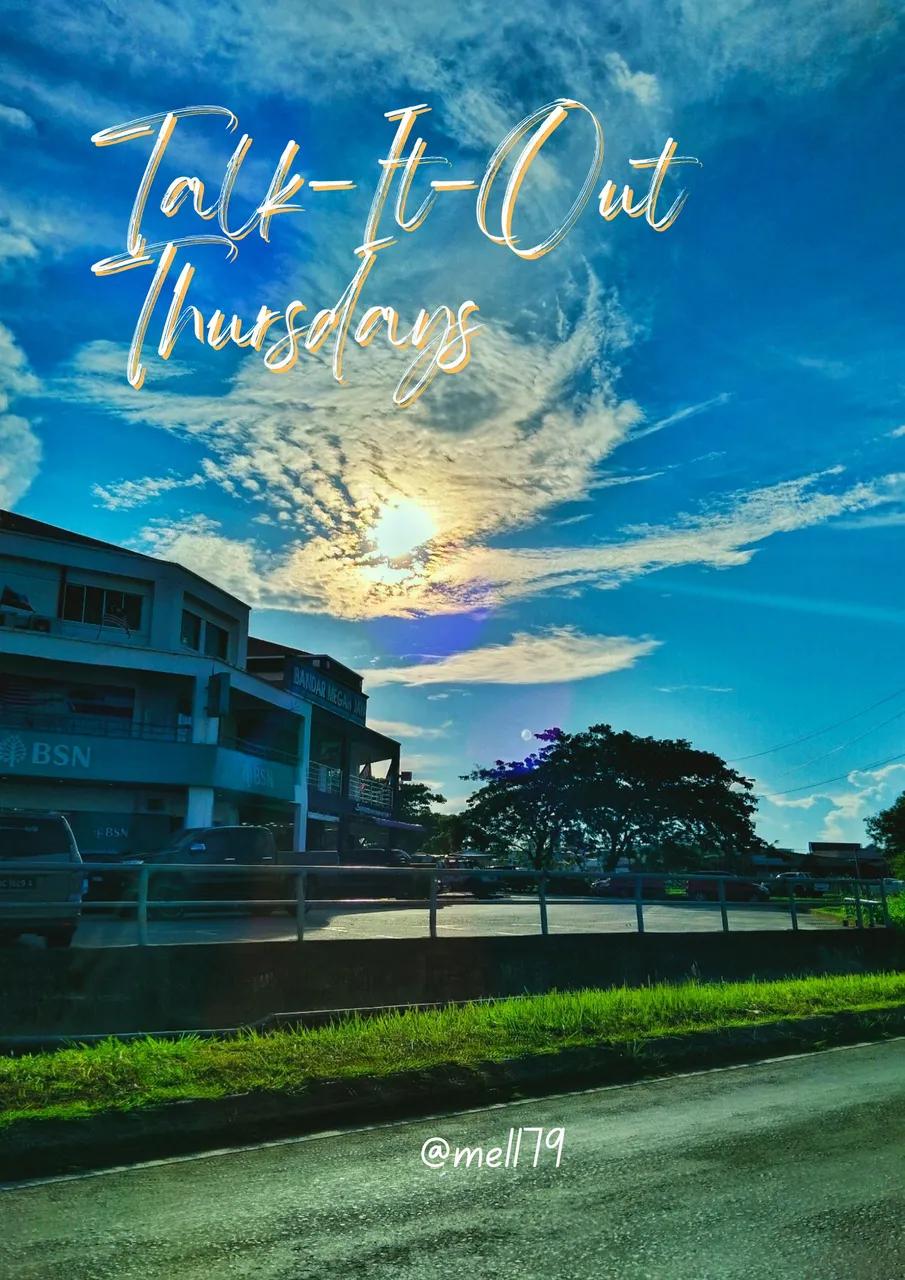
Talk-It-Out Thursdays


Millions of people worldwide suffer from mental health issues such as Major Depressive Disorder (MDD) and Panic Disorder (which I am diagnosed with). Unfortunately, the stigma associated with mental diseases endures, resulting in sceptical thinking, judgement, and harmful prejudices.
This post is for the #freecompliments community "Talk It Out Thursday" theme, which aims to shed light on the experiences faced by me and others with mental health conditions and advocate for a more compassionate and understanding society that supports and uplifts those battling mental illnesses.
Mental illnesses are actual medical conditions that impact a person's thoughts, emotions, and behaviour. They are not symptoms of weakness or attention-seeking behaviour, as some incorrectly believe. MDD, Panic Disorder, and other illnesses in particular, can have a substantial influence on a person's everyday life, making it critical for society to foster empathy and knowledge.
Stigma around mental illnesses creates a toxic environment for those who are suffering, making it difficult for them to seek care and find consolation. When people with mental illnesses are labelled as "crazy" or disregarded as attention seekers, it reinforces the cycle of humiliation and isolation. This stigma may aggravate their symptoms, resulting in a reduction in their general well-being.

It is critical for society to take an active part in eliminating mental health stigma. Here are some key steps that can help to create a more welcoming and understanding environment:
1. Education and Awareness:
Efforts should be made to educate the public about mental health disorders, their causes, and the impact they have on each of us. Schools, companies, and communities should make resources available to encourage mental health literacy and dispute myths and stereotypes. After COVID 19, I noticed an increase in the number of patients with mental problems, and I am one of them.
2. Encouraging Open Dialogue:
Creating safe environments for open discussions about mental health might help people feel more comfortable expressing their experiences without fear of being judged. Open discourse contributes to the humanization of mental diseases by encouraging empathy and understanding among peers, families, and communities. I am one of the lucky ones who has strong support from my family and friends, but the only worst treatment I can get comes from a person with whom you are willing to spend your life together and betrays you in the end.
3. Challenging Stereotypes:
It is critical to challenge and disprove stereotypes about mental diseases. Media, entertainment, and social platforms should appropriately and responsibly portray mental health illnesses, reflecting the range of people's experiences and spotlighting stories of recovery and perseverance. I hope my writing here on the hive blockchain can really help spread awareness. I am getting better now, and writing helps me. I am grateful to those who support me and follow me on this platform.
4. Support and Empathy:
Those who are suffering from mental illnesses might benefit greatly from support and empathy. Listening without judging, displaying compassion, and assisting individuals in finding suitable options can help them feel validated and empowered to seek professional care. I sometimes call my friend for a talk, but I choose my friends because not everyone understands us. For me, a small act of kindness helps us mentally too. Do good and always surround ourselves with positivity.
5. Accessible Mental Health Services:
Governments and healthcare systems must focus on mental health by making services accessible and affordable. This involves expanding the number of mental health specialists, boosting treatment insurance coverage, and minimising appointment wait times. I was referred to my local government hospital psychiatric clinic in my hometown (Sandakan). All I need to do is pay RM5.00 ($1.07USD) to see the specialist. So far, there's only one place for me to go for treatment since there's no other clinic that specialises in mental illnesses. Sandakan is a small town, and in order to go to a private clinic, we need to go to another district.

My journey with mental illnesses such as MDD and Panic Disorder is already difficult enough without the extra burden of stigma. As a society, we must work together to foster an environment of compassion, understanding, and support for someone suffering from mental illnesses.
We can help anyone on their path to recovery and break down stigma barriers by educating ourselves, challenging misconceptions, allowing free speech, and providing a variety of mental health treatments, which will create a more helpful and supportive society for all.
That concludes this Thursday's post. I am grateful to be a part of this community because it allows me to express myself through writing. This might be another piece of writing about mental health from me, and all I need is to provide my support to others who are in silent or in denial about their mental health. Keep in mind that "You Are Not Alone!"